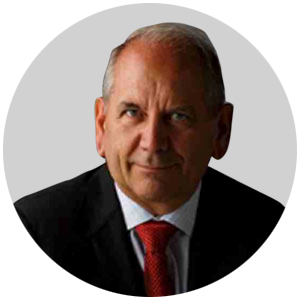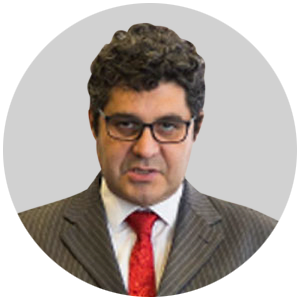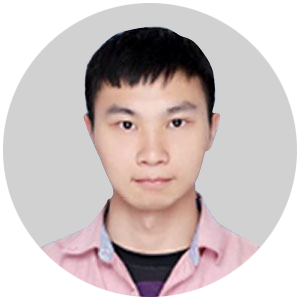
President
Marco Venturini graduated in Nuclear Engineering from the Politecnico di Milano. Researcher to EECS Berkeley, later his invention of the Matrix Converter was acquired by Texas Instruments. With TI and later on Philips he designed the first brushless PM motors for automation. He founded Phase Motion Control, currently active in all fields of electric mobility from powertrains to battery systems and fast recharging stations. He received the Chinese State Friendship Award in 2016, the Ningbo Camellia Prize in 2017; he is Member of the WNEVC Science and Technology Committee, Principal Investigator as well as Member of the Expert Committee of NEVC Innovation Center, and Guest Professor in the Collaborative Innovation center of Electric Vehicles in Beijing. The field of interest of Dr. Venturini include power electronic conversion, integrated electronic/electromechanical design, advanced battery and battery cell technology. He holds numerous patents in the energy control field. Dr. Venturini is a Life Senior Member of IEEE, member of IAS, PES, UAI.

CEO
Full Professor in Metallurgy, Ph.D. in Chemical Sciences, Coordinator of the M.E.T.A.L. research group. He has experience in chemistry of materials and interactions between materials and environment. He led European projects on Solid Oxide Fuel Cells stacks and single cells. He led the research on Li-ion Batteries focusing on safety and beyond the state of the art solutions such as: natural eco-anodes with increased specific capacity (best result so far is 800mAh/g) and side effect of permanent carbon sequestration; manufacturing of stable all solid state batteries based on halides (best results 200 cycles at 0.2 C with ca. 150 mAh/g using NCM111 as a cathode and metal Li as the anode). Actual activities are on the development of next generation cathodes with Li as sole metallic ion.

CTO
5 years of experience in lithium-ion battery research, mainly including the design, synthesis, analysis of halides and polymer solid-state electrolytes, as well as the screening, modification and preparation of electrode materials. At the same time, some research on mechanical properties has been carried out, such as nanoindentation testing, etc. At present, mainly responsible for the application and synthesis of halide composite solid-state electrolytes, as well as the research of adapted cathodes. Proficient in various conventional characterization methods and electrochemical analysis test methods, including but not limited to CV, EIS, XRD, XPS, SEM, etc.

CTO
Graduated in Materials Science and Engineering and currently at work as a Battery Systems Engineer at Phase Motion Control. My Master’s thesis focused on the development of batteries for desalination, where I investigated new materials to be adopted for the cathode. Following my graduation, I won a research fellowship at the M.E.T.A.L. research group, during which I deepened my knowledge of batteries and electrochemical measurements. In my current role at Phase Motion Control, I support PhD students from the M.E.T.A.L. research group, engaging in the synthesis, production, and electrochemical testing of batteries, half-cells, eco-anodes, and solid-state batteries. As a Battery Systems Engineer, I have worked on corporate projects where I validated the performance of large battery packs, interfacing with battery management systems (BMS).

Cell specialist

Anode Specialist